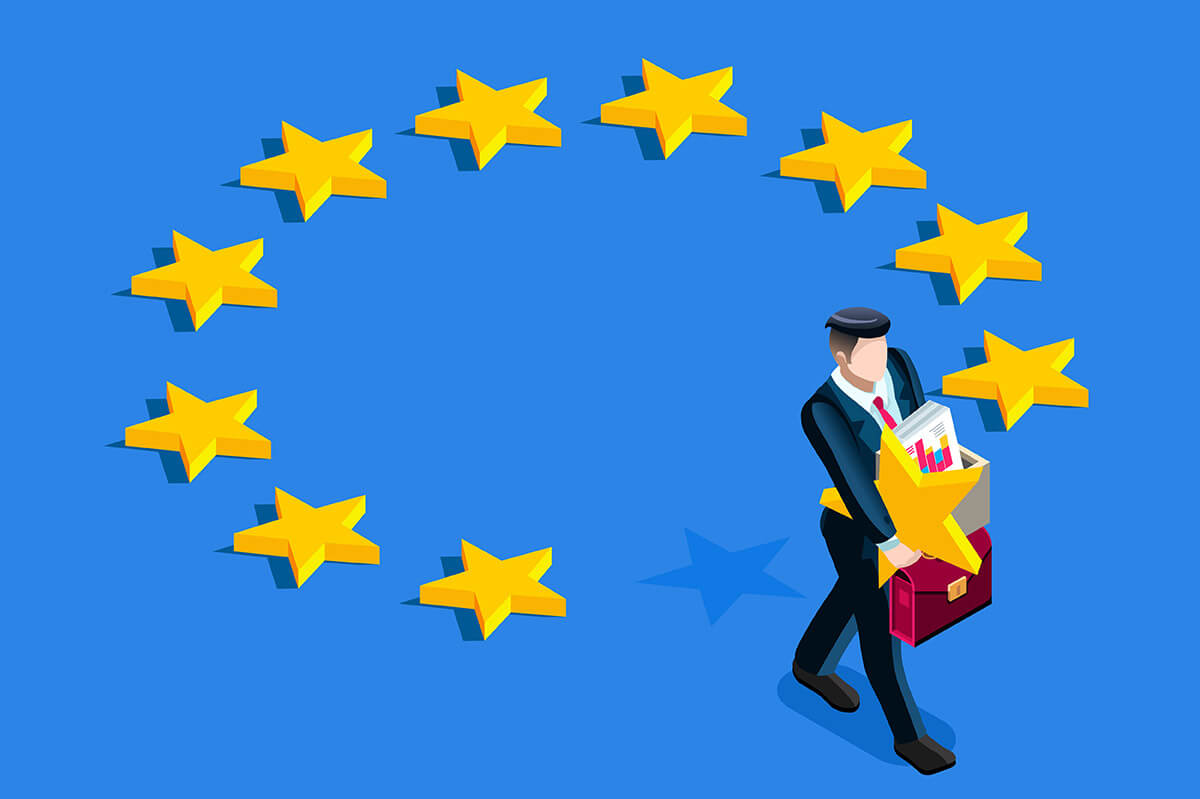PARIS — There are those who believe when Britain finally shakes off its European bondage it will prosper as never before. This prosperity will be so compelling that the remaining 27 countries that comprise the European Union will follow suit in pursuit of riches. The end of European integration.
This is a view easier to find in Washington than it is in Paris or in London. There is a sense here of Europe Rising not Europe Disintegrating. Britain will still, despite the contrived case against membership, look to selling to and buying from Europe. After all, the EU will still be there: a huge market just a little over 20 miles across the English Channel.
Europe is beset with sluggish growth. The euro — the currency used by 19 of Europe’s nations — has been a mixed blessing, unable to serve hurting states by devaluing to increase exports. Yet it is the symbol of Europe, particularly to a new generation that has known nothing else and looks more to a united Europe than, perhaps, their parents.
These are problems but not insuperable. From what I heard here at the annual congress of the Association of European Journalists (AEJ), Europeans feel that they really need each other, not least because they are constantly under a sophisticated and relentless attack of fake news and disinformation from Russia. Russia is a huge problem in Europe with fake information and even fake events, like the planting of disrupters pretending to be reporters or staged events suggesting a fascist penetration that does not exist. Daily, Russia endangers the truth in Europe.
The AEJ is, to my mind, as good a place as any to take the temperature of Europe. It is made up of working journalists, not stars or polemicists, but day-to-day reporters from across Europe, from Bulgaria to Spain and from Finland to Ireland. Collectively, they provide unique insight on the mood of Europe.
Rather than Britain’s departure (which nobody in Europe wants), here at the AEJ congress Brexit is regarded as the kind of misfortune that brings people together and leads on to triumph. Rather than Europe’s tragedy, here it is seen as Britain’s tragedy. And rather than Brexit being a precursor to the breakup of the EU, here it is seen as a precursor to the breakup of the United Kingdom.
Otmar Lahodynsky, president of the AEJ, says that England has discovered nationalism, as have Scotland and Wales — suggesting the inevitable breakup of the United Kingdom as it has been constituted since the Act of Union in 1707.
For Europe, the continuing problem is immigration.
While there are rich and poor nations, those in poverty will try to live in those with prosperity and migrate illegally. Not only has this been one of the drivers of Brexit, but it is also a massive problem for Europe, both the internal movement of people from countries like Poland to France, Holland and Germany, and from countries outside, especially Africa where people board unseaworthy vessels and risk drowning trying to reach Europe.
Add climate change to worries about Russia and immigration.
Europeans, much more than Americans, are palpably stricken about climate change and concomitant sea level rise. This adds to immigration pressure and free-floating anxiety about the future — an anxiety that is unifying, particularly for the young.
In London, once my home and now a bitterly divided place, there is agreement that new trade deals will not be written at the speed of a French train. People point out ruefully that it took Britain seven years to conclude a trade deal with Canada — and Britain and Canada l-o-v-e each other as mother and daughter. Who wants a deal with, say, the Czech Republic, with such passion? Not a tempting future.

 Follow
Follow
The migrations coming will be an enormous challenge for the world as land mass shrinks. I hope the present political state of the world will soon be overtaken by wiser and cooler heads so that humanity can confront new realities.